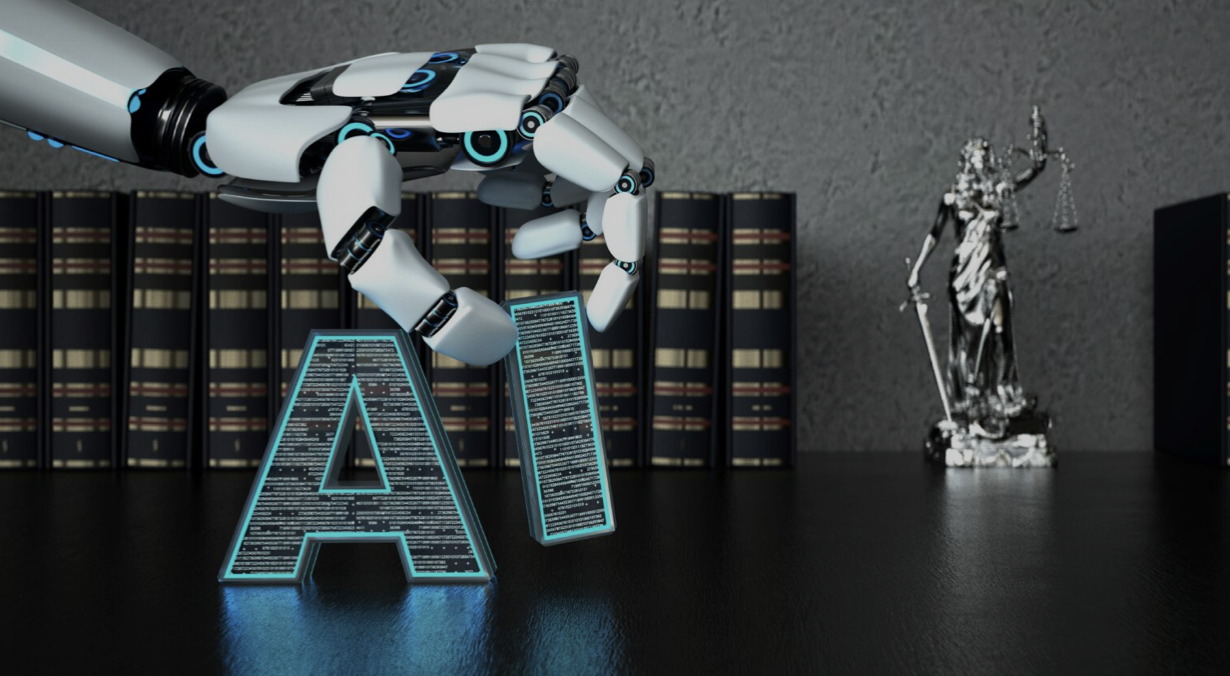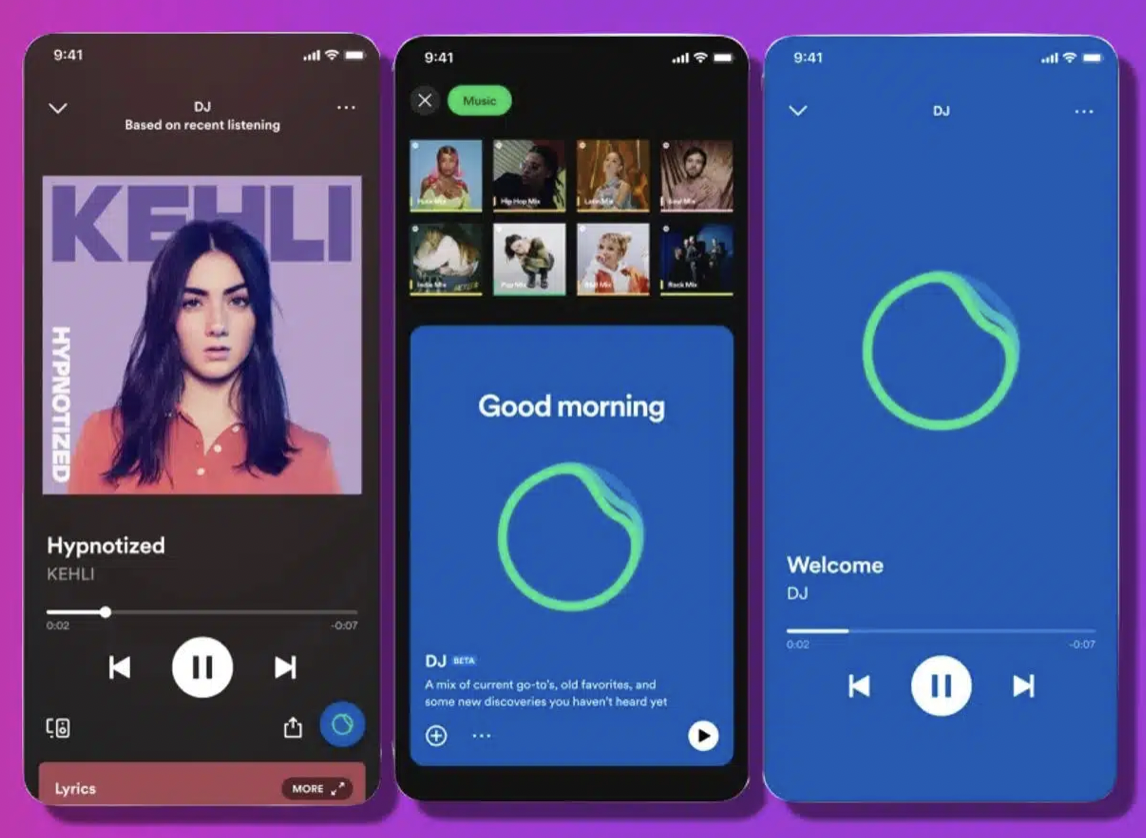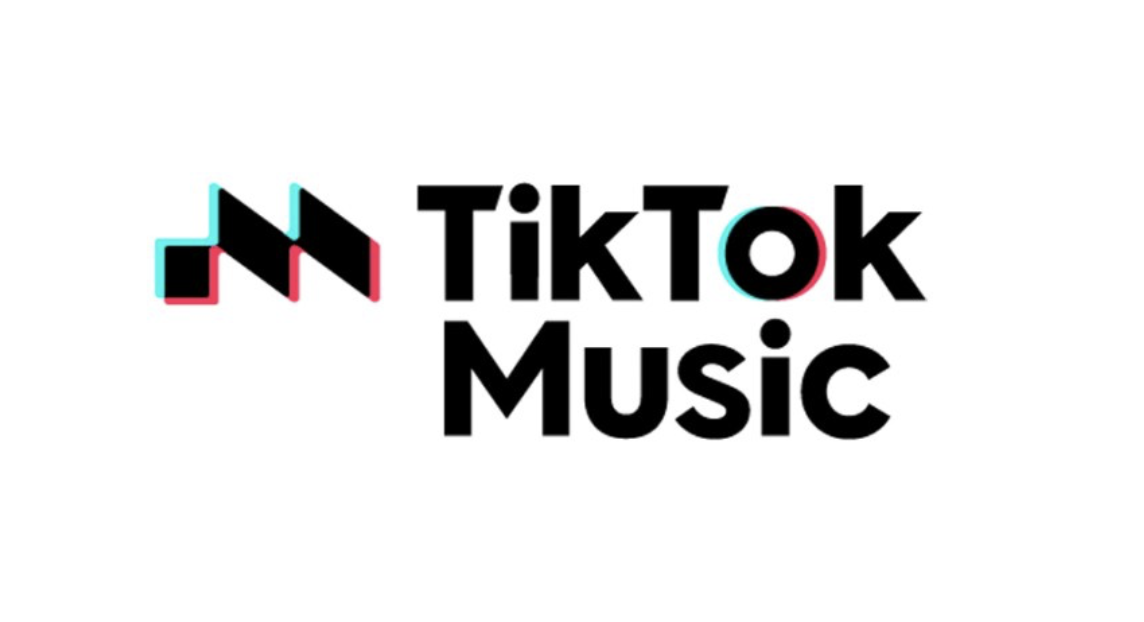UK Government Abandons Broad Copyright Exceptions for AI

The UK government has staunchly abandoned its prior proposal for an expansive text and data mining exception in copyright law, originally intended for use by AI companies. Instead, it is pivoting towards crafting a code of practice around AI and copyright, a move contested by the tech sector seeking more legal leeway.
Amid assertions from copyright industries, particularly in music, that AI companies should seek permission before training generative models with copyrighted content, a conflict arises. Tech firms counter that such training should fall under a copyright exception, obviating the need for prior permission.
The government’s initial bid for a data mining exception tailored to benefit AI firms faced strong opposition from copyright industries, leading to its withdrawal following parliamentary scrutiny. The Intellectual Property Office is now engaged in collaborative efforts with copyright owners and tech entities to formulate a code of practice, initially slated for release last year but delayed.
However, bridging the gap between the demands of copyright industries and the tech sector poses a formidable challenge. A House of Lords select committee, concurrently examining these issues, has been receiving submissions this month. Notably, OpenAI contends that exposing AI tools to diverse human intelligence requires using copyrighted works, emphasizing the broad scope of contemporary copyright.
OpenUK, an organization championing the open technology community, expresses apprehension about stifled AI development in the absence of the proposed data mining exception. Highlighting global precedents allowing for training exceptions, it signals a potential setback for the UK’s tech innovation.
As copyright industries maintain that licensing solutions exist for generative AI developers, they steadfastly resist tech companies’ calls to reduce copyright obligations. The debate continues, underscoring the nuanced interplay between regulatory frameworks and technological advancement in the UK’s evolving AI landscape.
Read more here.



